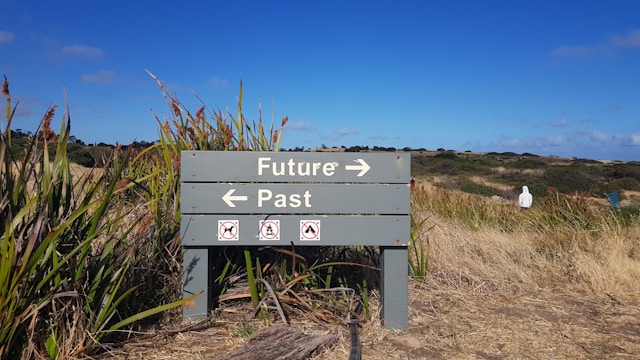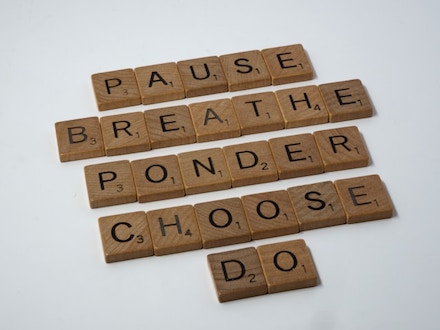Don’t discount the past. There is no such thing as a wrong turn or a dead end. Each step along the way has brought you to this very moment.
—Calm App Reflection
Don’t discount the past — each moment, every twist (and even detours) have shaped the person you are today.
There are no wrong turns or dead ends if each experience teaches, strengthens, and deepens understanding.
Rather than regretting decisions or wishing for a different path, honor the journey that brought you here.
Challenges, successes, and failures all offer wisdom and growth, weaving together the unique story only you can share.
Embrace your past with gratitude, knowing it has prepared you for all that lies ahead.
This very moment is the sum of every step taken, a testament to resilience and self-discovery.
Move forward with confidence, trusting that your story is unfolding just as it should.
EXERCISE:
Explore The Power of Regret by Dan Pink to embrace and understand how regrets from the past can help you make smarter choices, perform better, and live a more meaningful life.












